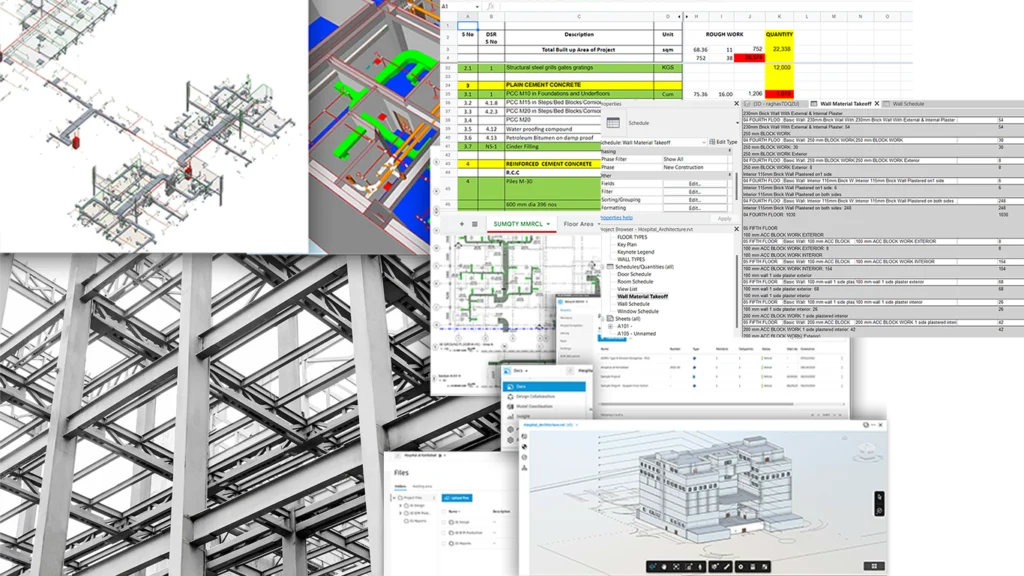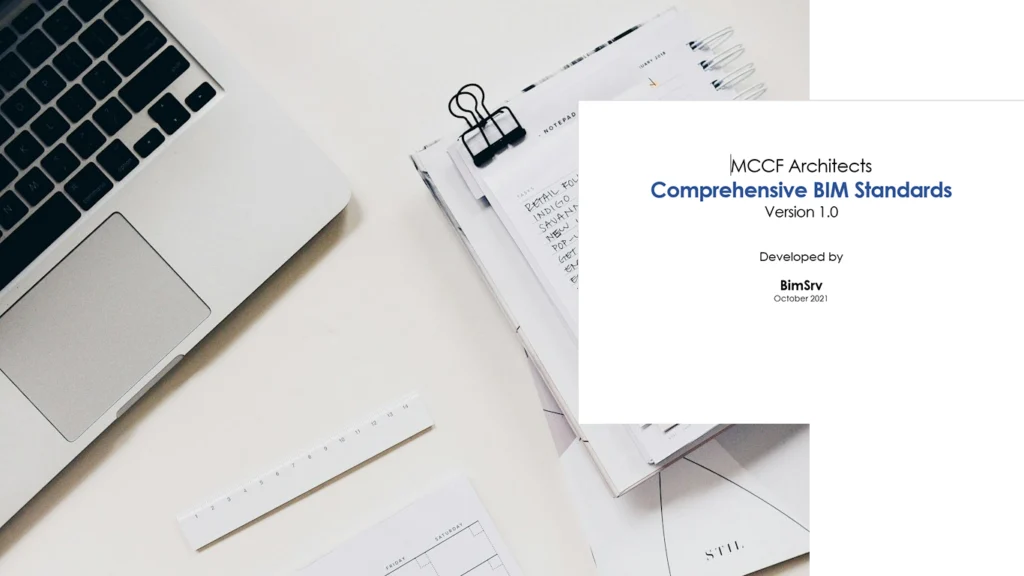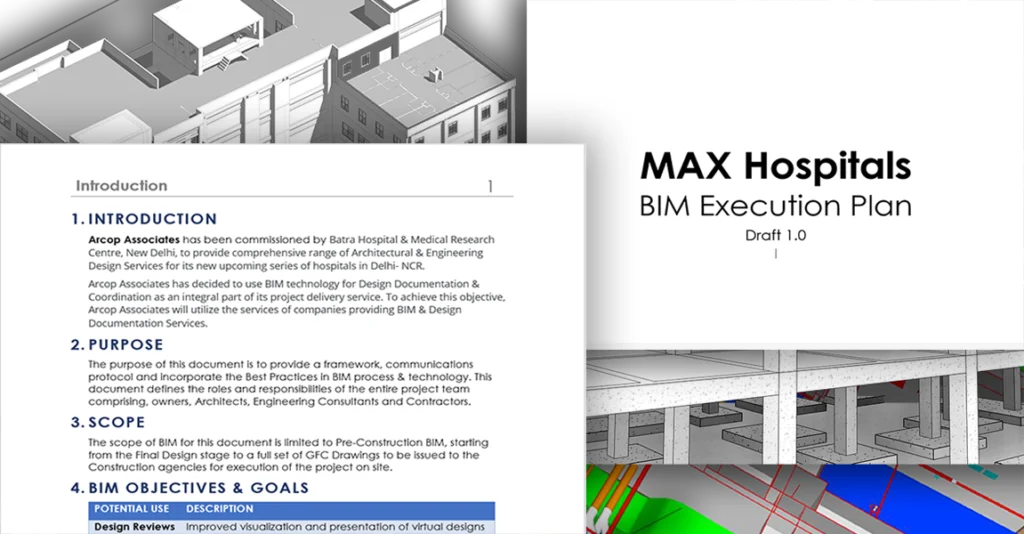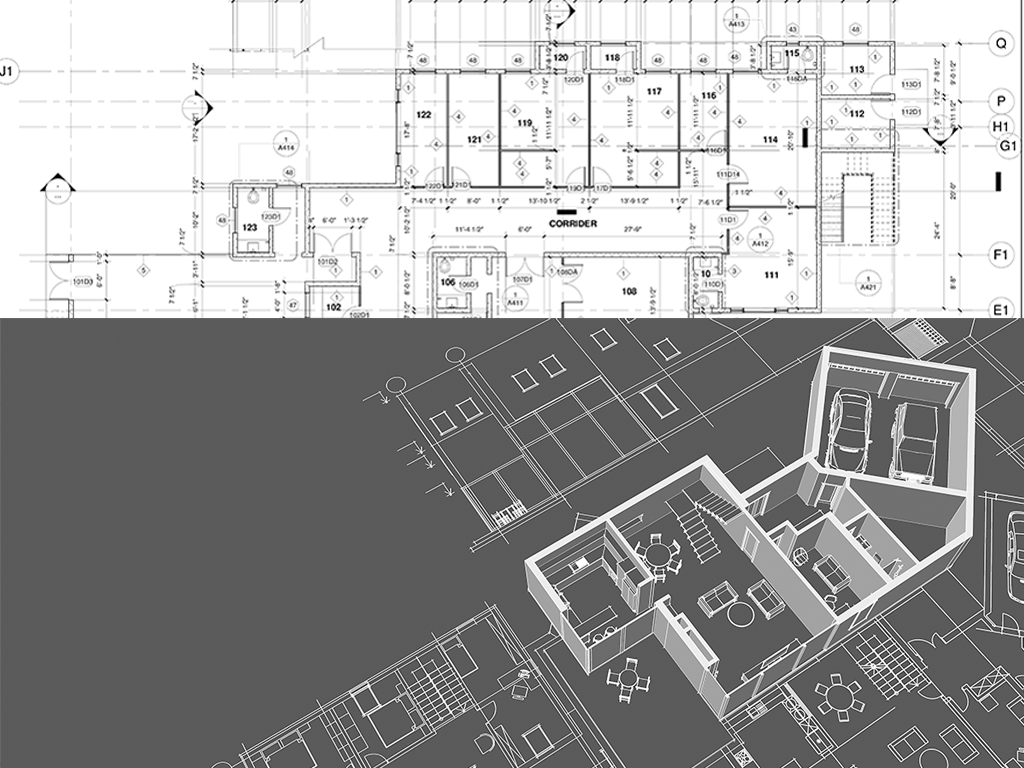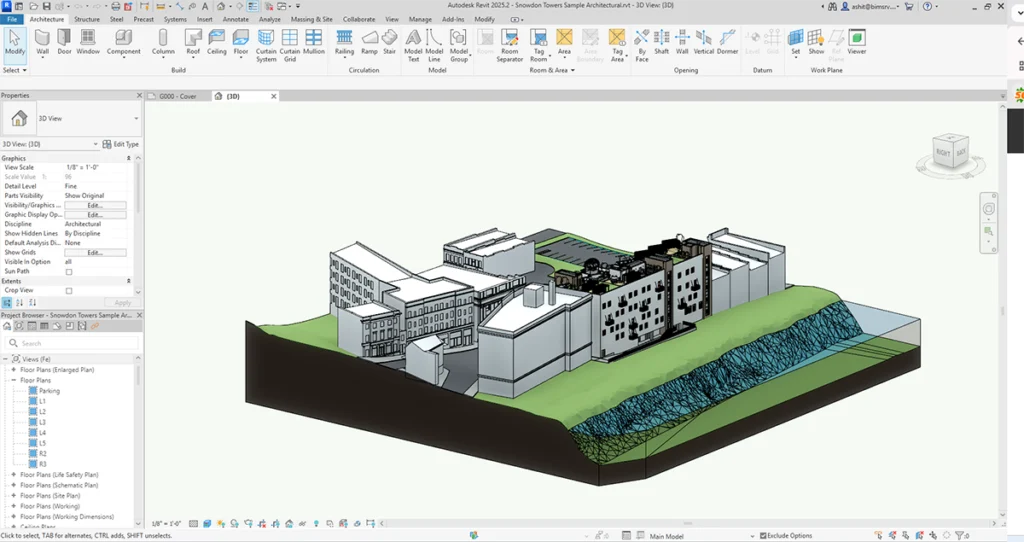References and Tutorials for AEC Professionals
Understanding Building Information Modelling
Building Information Modelling (BIM) isn’t just about pretty 3D models. It’s a holistic process that…
Step by step guide to developing a BEP
Developing a comprehensive BIM Execution Plan (BEP) is essential for the success of any BIM…
Essential Components of a BIM Execution Plan
Essential Components of a BIM Execution Plan Published Date Last Modified Essential Components of a…
Complete Guide to Creating Construction Drawings on Revit
This comprehensive guide walks you through every step of creating professional construction drawings using Revit….
Common Mistakes in Revit Modelling Explained
Tired of Revit models that slow you down? You’re not alone. Many users unknowingly fall…
Step-by-Step Guide to Revit Modelling
Download Free eBook – Step-by-Step Guide to Revit Modelling Step-by-Step Guide to Revit Modelling Revit…
